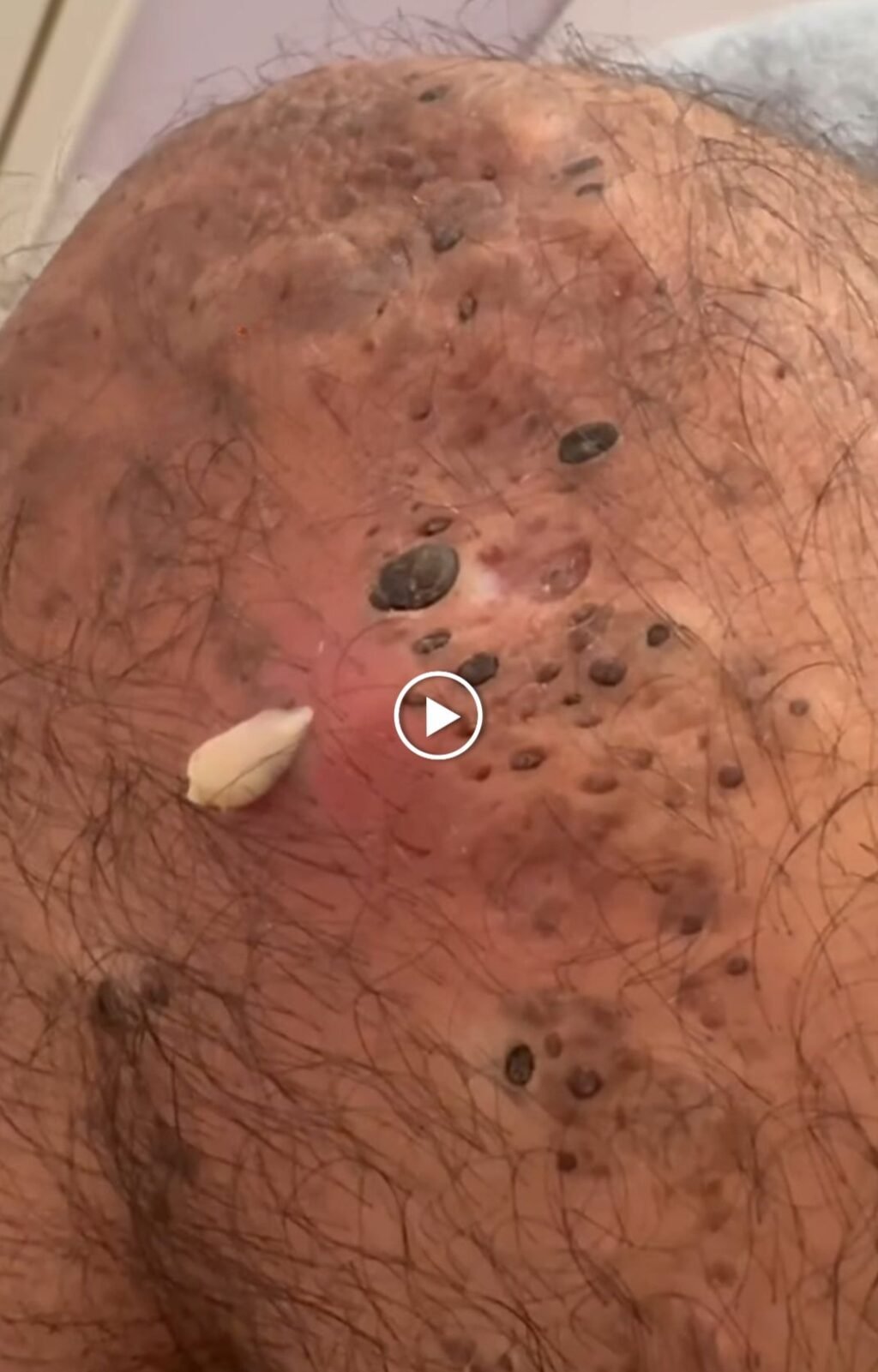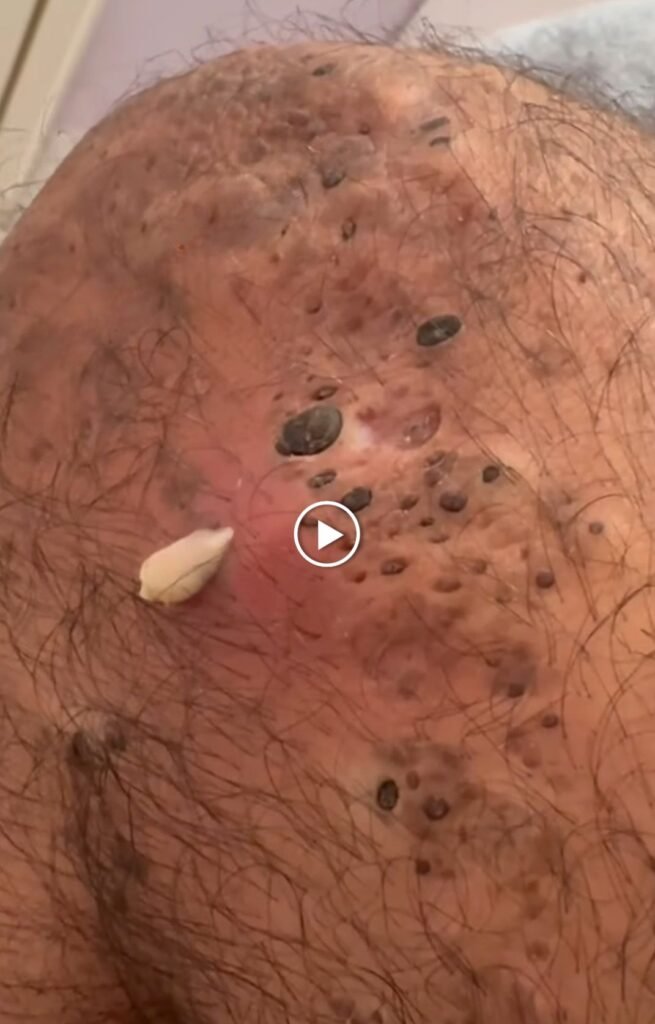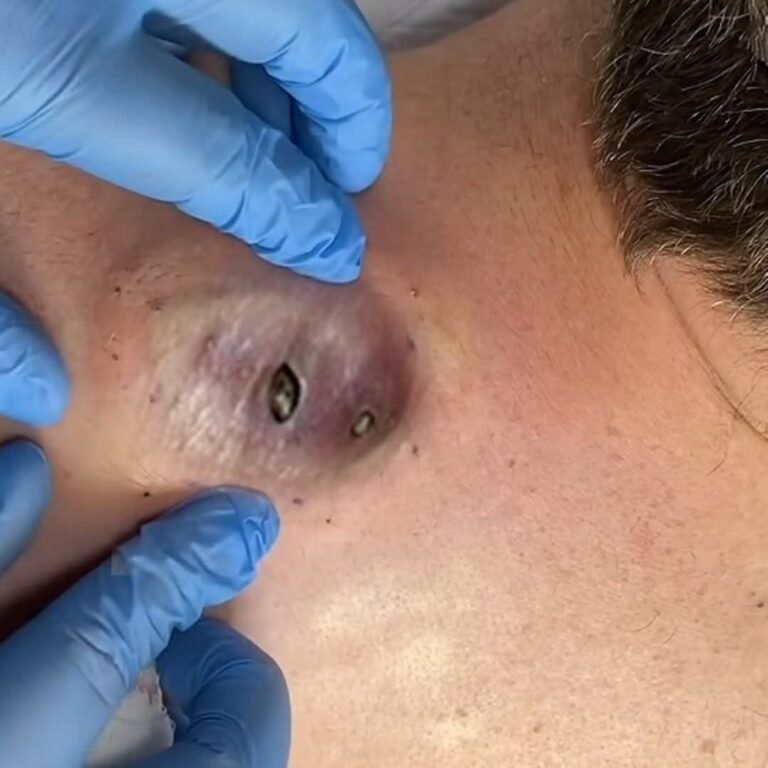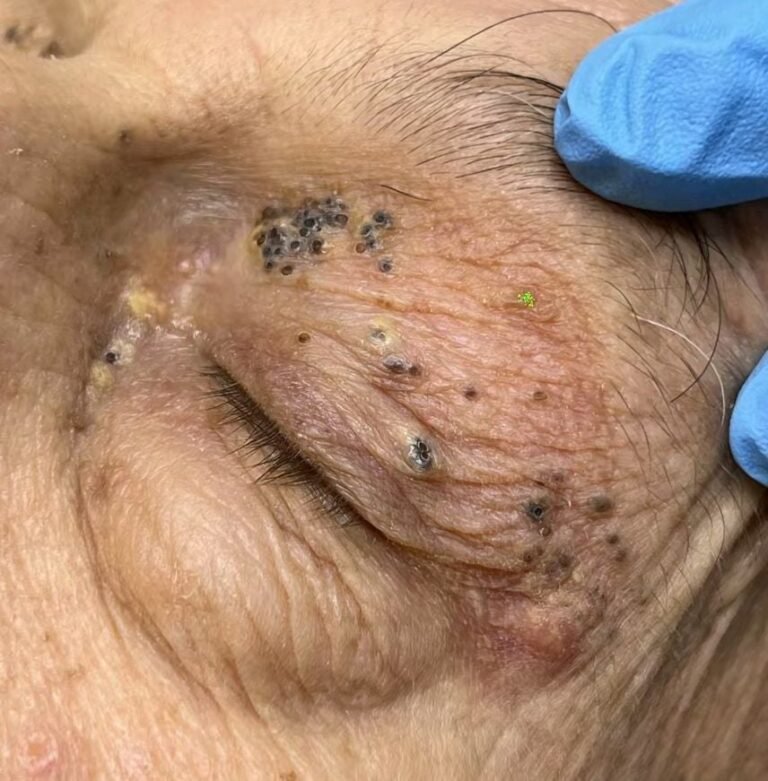
Blackheads are a common skin concern that can have a significant impact on the health and appearance of the skin. They are small, dark bumps that appear on the surface of the skin, often on the face, but can also occur on other parts of the body. Blackheads are a type of acne lesion that occurs when hair follicles become clogged with oil, dead skin cells, and bacteria. While they may seem harmless, blackheads can lead to more severe acne breakouts if left untreated. In this article, we will explore the root causes of big blackheads and discuss effective strategies for preventing and treating them.
To understand why blackheads can become larger in size, it is important to first understand how they form. Blackheads occur when excess oil, dead skin cells, and bacteria accumulate in the hair follicles. When this mixture is exposed to air, it oxidizes and turns dark, giving blackheads their characteristic appearance.
Big blackheads can form when the hair follicles become severely clogged with debris. This can happen due to factors such as excessive oil production, hormonal changes, poor skincare habits, and environmental factors. When the follicles are heavily clogged, the blackheads can appear larger and more prominent on the skin.
Maintaining a consistent skincare routine is crucial for preventing and treating blackheads. Regular cleansing helps remove excess oil, dirt, and bacteria from the skin’s surface, preventing them from clogging the hair follicles. Exfoliation is also essential as it helps remove dead skin cells that can contribute to blackhead formation.

In addition to cleansing and exfoliating, moisturizing is an important step in any skincare routine. Contrary to popular belief, moisturizing does not make the skin more oily or prone to blackheads. In fact, keeping the skin hydrated can help regulate oil production and prevent the overproduction of sebum, which can lead to clogged pores and blackheads.
Exfoliation is a crucial step in any skincare routine, especially for those prone to blackheads. By removing dead skin cells, exfoliation helps unclog pores and prevent the formation of blackheads. However, it is important to choose gentle exfoliants that do not irritate or damage the skin.
Physical exfoliants, such as scrubs or brushes, can be effective in removing dead skin cells and unclogging pores. However, they should be used with caution as they can be too harsh for some skin types and cause irritation. Chemical exfoliants, such as alpha hydroxy acids (AHAs) or beta hydroxy acids (BHAs), are another option for gentle exfoliation. These acids work by dissolving the bonds between dead skin cells, allowing them to be easily removed from the surface of the skin.



